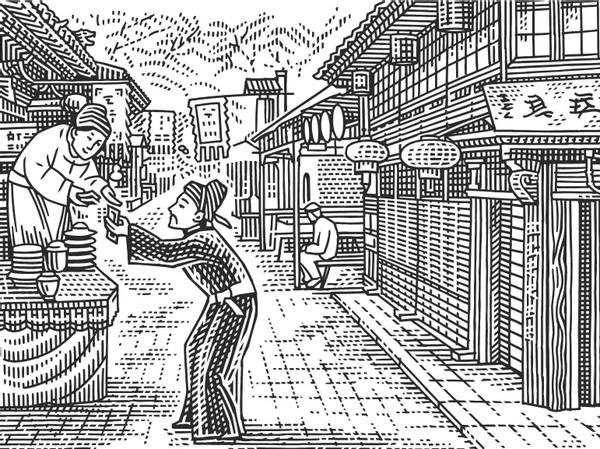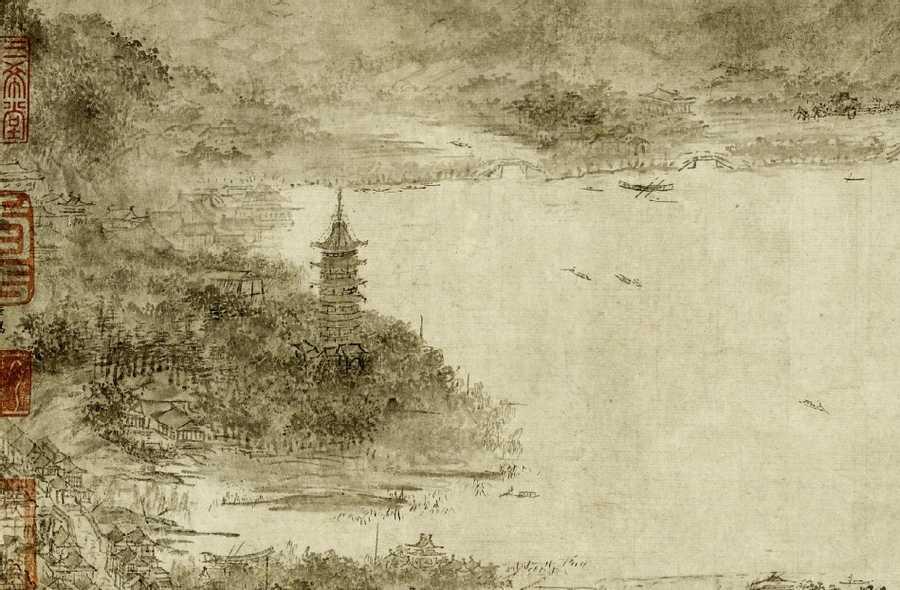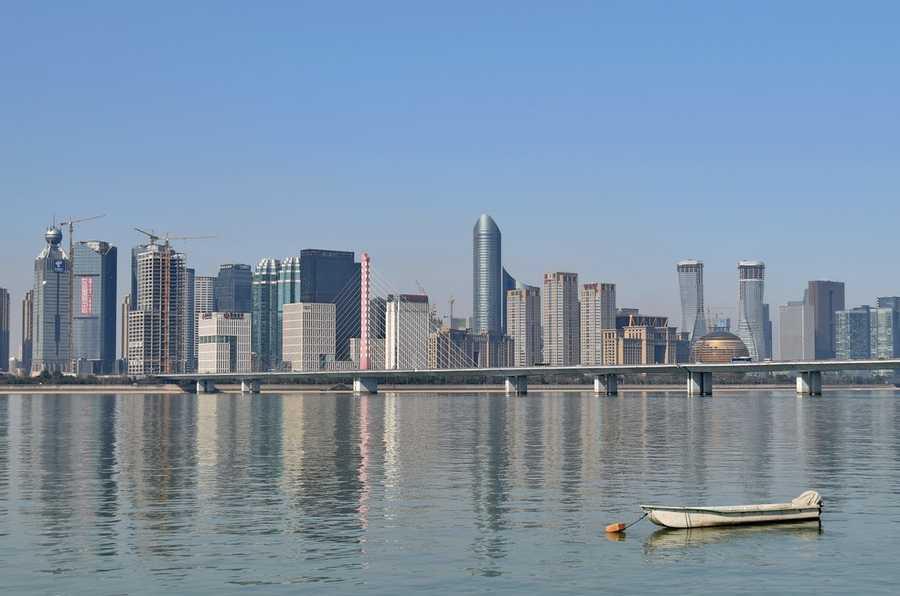Explore the World's Best Ideas
Join today and uncover 100+ curated journeys from 50+ topics. Unlock access to our mobile app with extensive features.
Hangzhou in 12th century CE China
- During the late Song Dynasty, with the innovation of printing and manufacturing, the Song came closer to initiating an industrial revolution than any other premodern state.
- The Song empire became the richest on Earth through trade and industry. The capital, Hangzhou, was the wealthiest and most populous city in the world.
- Song-era China became the first country to print paper money. It was easier to carry in large amounts than metal coins. Hangzhou served as the center of money-printing.
84
845 reads
Living during the Song era in Hangzhou
- The average Chinese person had increased growth in their income level as the economy expanded.
- The economy grew due to new technological and agricultural advances and efficient trade routes.
- The era saw an increase in international trade, as Chinese merchants expanded their trade networks up to East Africa. Using paper money helped motivate people to deal with larger transactions than before.
- During a visit in the 13th century CE, Italian explorer Marco Polo described Hangzhou as the most magnificent city in the world.
66
560 reads
Innovations in Hangzhou
- Hangzhou has been an important city since the 7th century CE, when its Grand Canal was built to connect the urban centre to Beijing. It is the world's longest artificial river.
- Woodblock printing developed in Buddhist monasteries to reproduce spiritual texts. During the Song era, it was widely adopted for non-religious purposes and supercharged intellectual life in the Song dynasty.
- Hangzhou was a place of great creativity. In the 11th century CE, polymath Shen Kuo (1031 - 1095 CE) invented the magnetic compass, drew the world's first topographical map, and recorded the process of sedimentation.
- Other technological breakthroughs includes the compass, the first mechanical clocks, and the invention of forensic science.
- The economic and technological advancements of the Song era translated into improving living conditions for the average person.
71
482 reads
Hangzhou today
Hangzhou is one of China's top commercial bases. Consistent with its history of innovation, Hangzhou houses the headquarters of various Internet industry enterprises, and is a growing technology center.
It is home to about 20 million people and a popular tourist destination.
61
529 reads
IDEAS CURATED BY
"In fact, the confidence of the people is worth more than money." ~ Carter G. Woodson
Lilliana W.'s ideas are part of this journey:
Learn more about history with this collection
The historical significance of urban centers
The impact of cultural and technological advances
The role of urban centers in shaping society
Related collections
Similar ideas
7 ideas
Centers of Progress: Florence (Art)
humanprogress.org
5 ideas
Centers of Progress: Alexandria (Information)
humanprogress.org
7 ideas
Centers of Progress: Paris (Enlightenment)
humanprogress.org
Read & Learn
20x Faster
without
deepstash
with
deepstash
with
deepstash
Personalized microlearning
—
100+ Learning Journeys
—
Access to 200,000+ ideas
—
Access to the mobile app
—
Unlimited idea saving
—
—
Unlimited history
—
—
Unlimited listening to ideas
—
—
Downloading & offline access
—
—
Supercharge your mind with one idea per day
Enter your email and spend 1 minute every day to learn something new.
I agree to receive email updates


